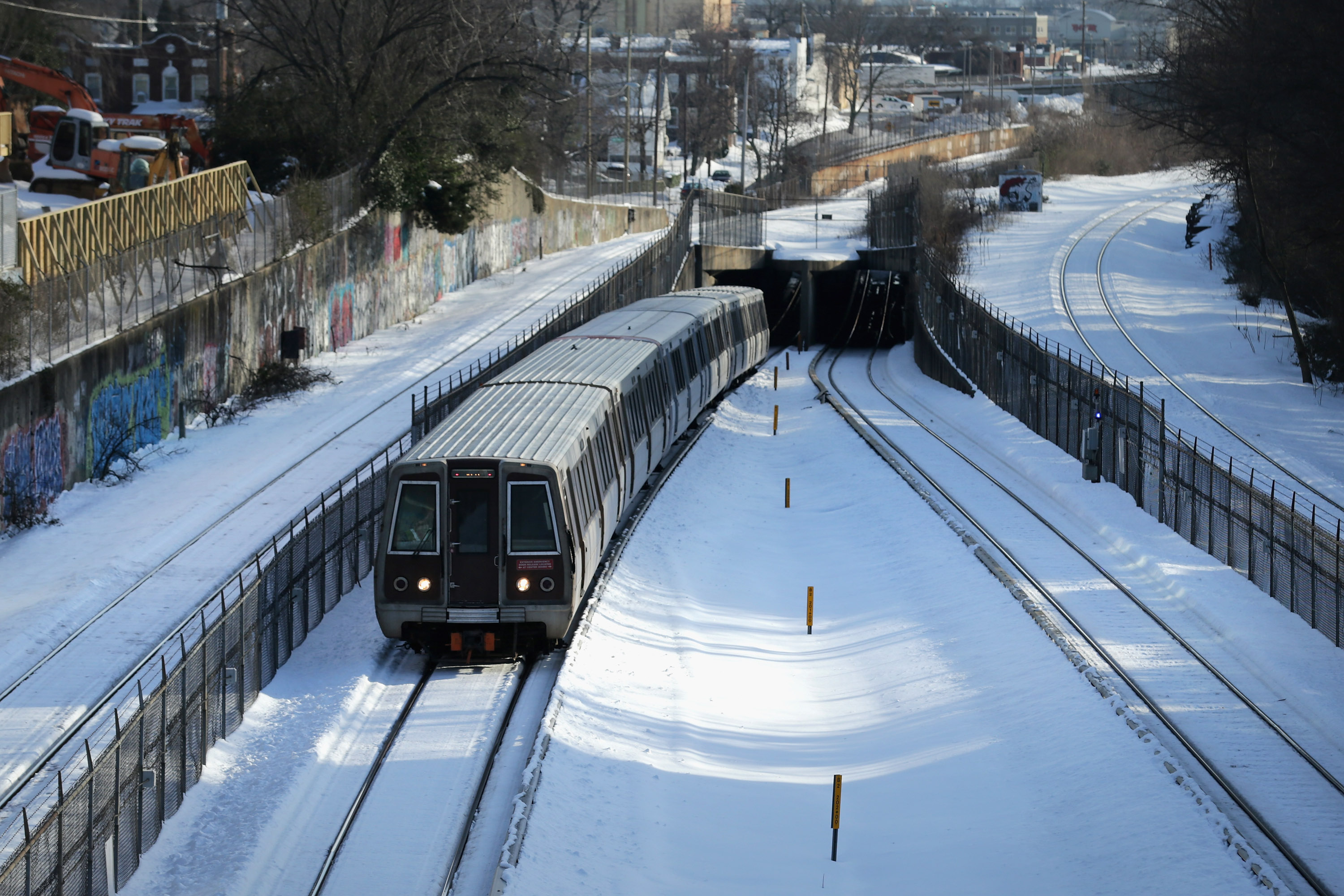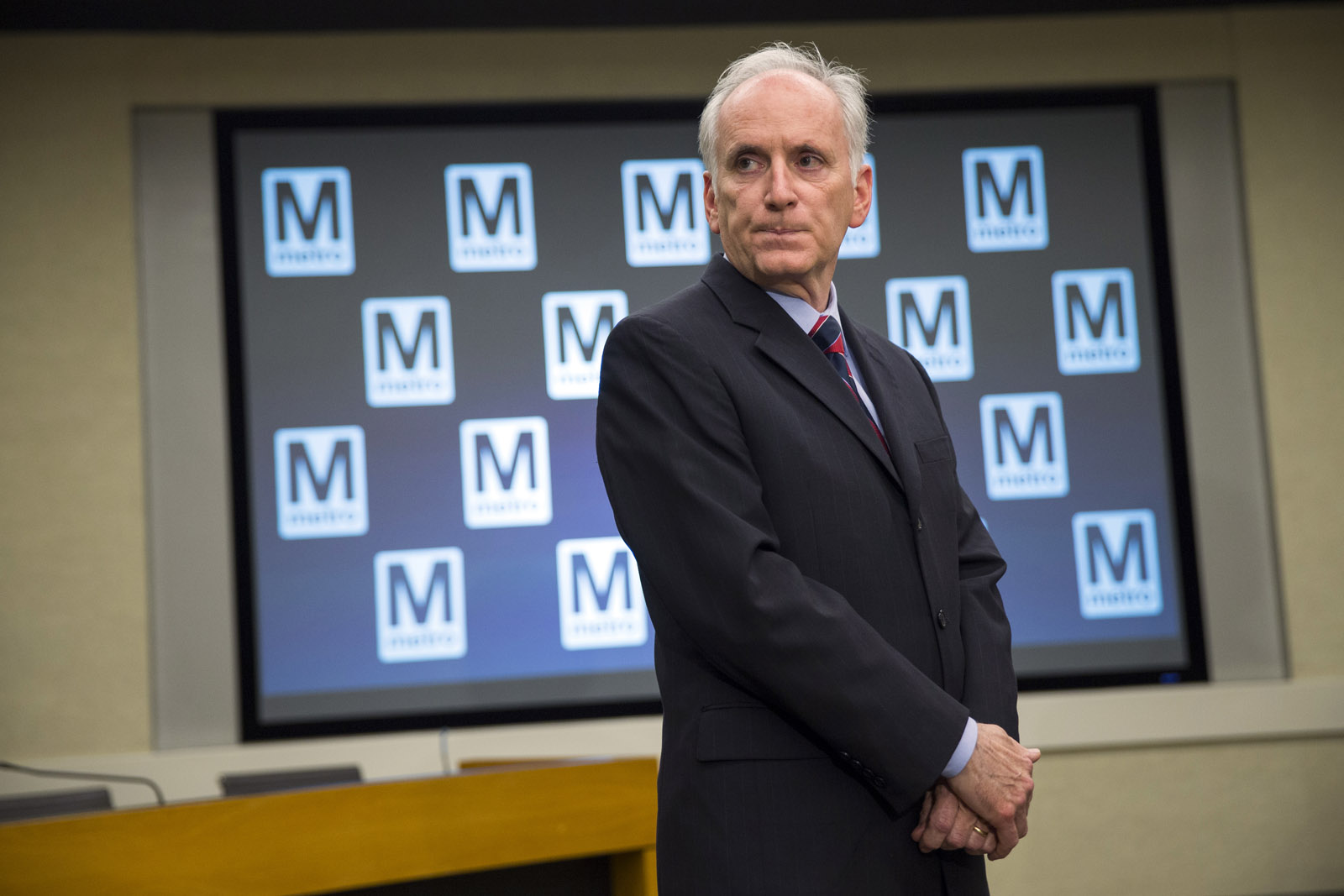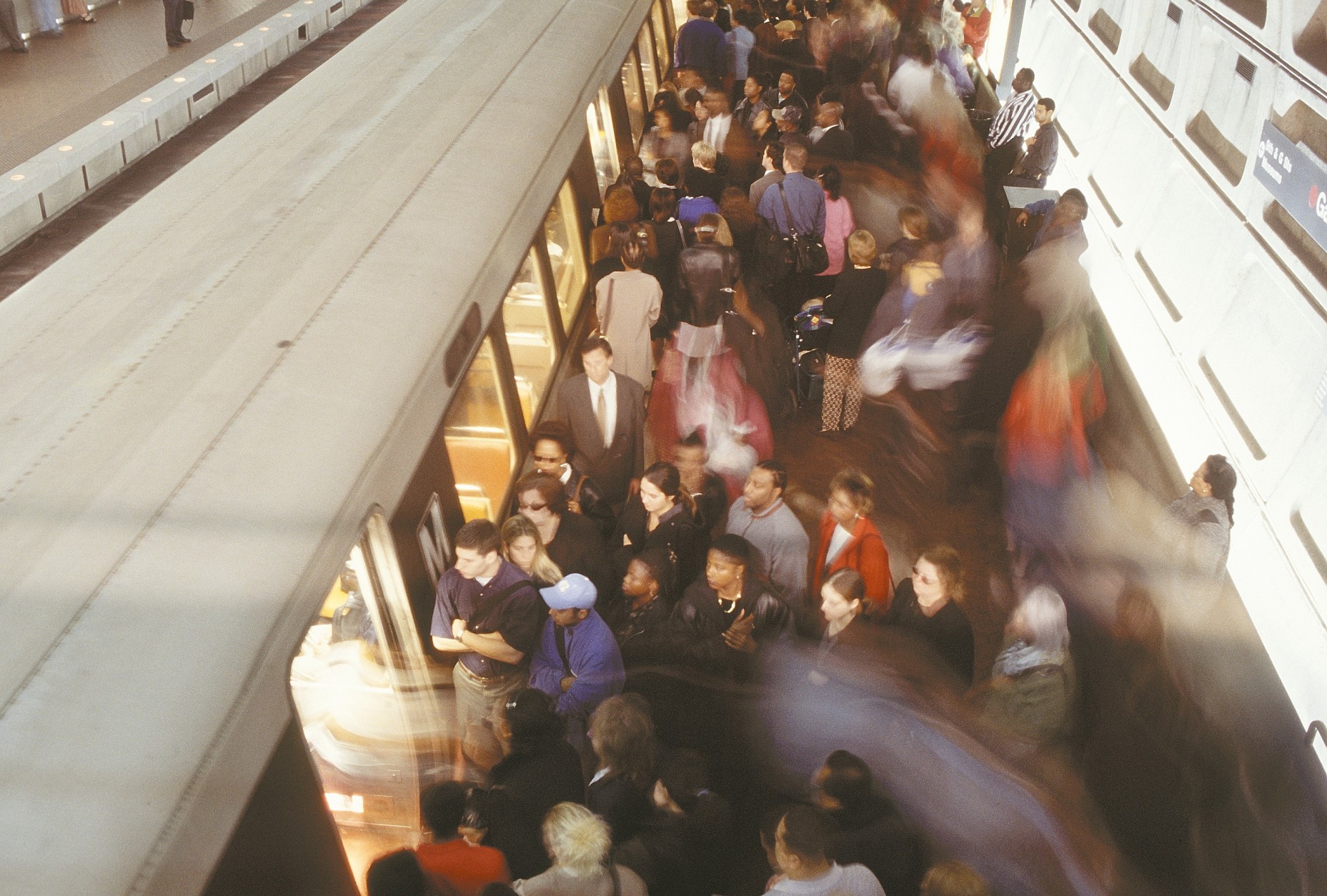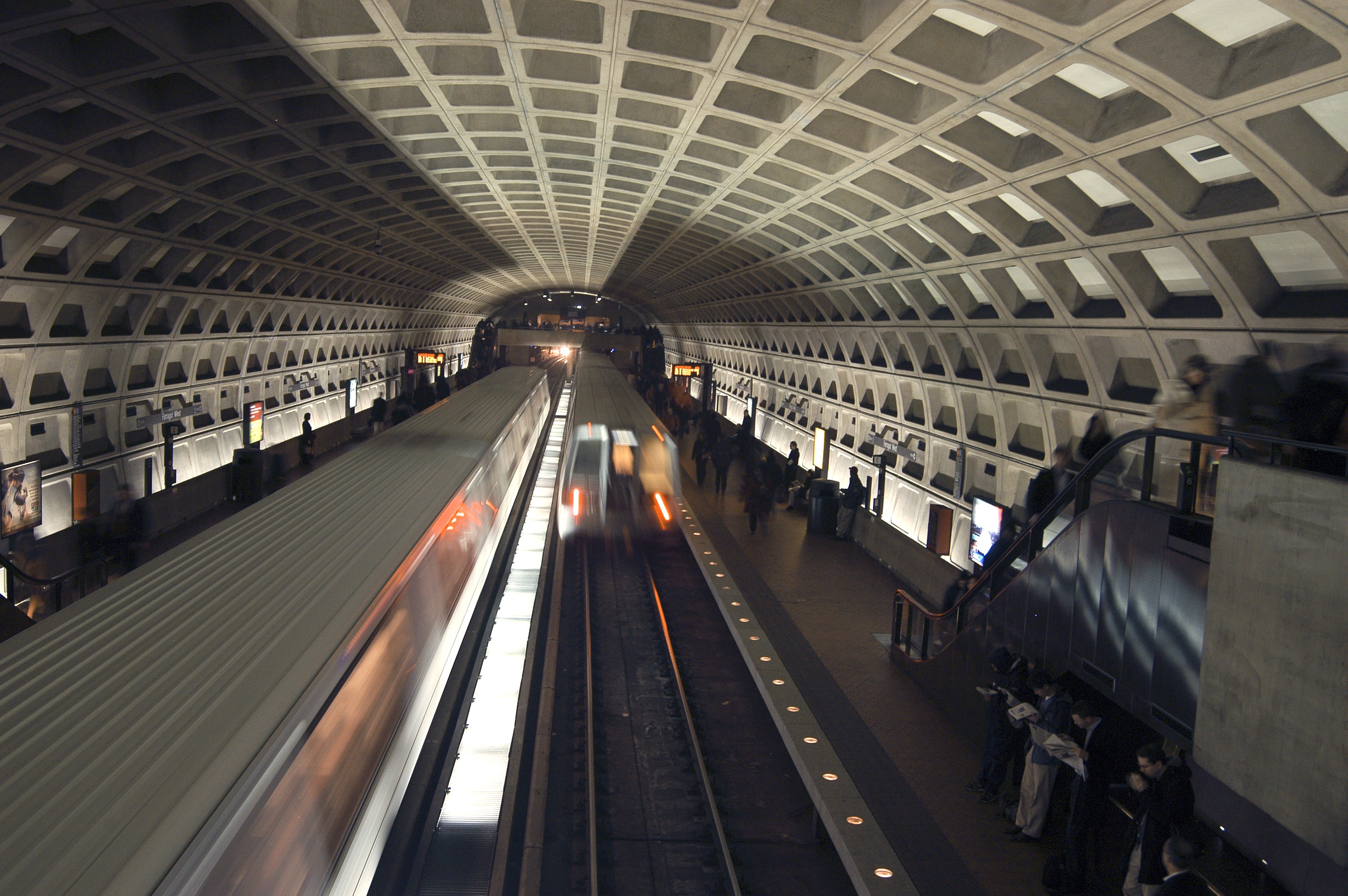WASHINGTON — Metro riders could see fares or parking fees waived more often during severe service disruptions or emergencies under a policy change set to be approved Thursday.
The Metro board of directors is expected to give General Manager Paul Wiedefeld permission to waive fares “when faced with emergency conditions.” Wiedefeld did just that as the system slowly reopened following the January blizzard, even though he did not have the authority to do so. The Board eventually approved the move, anyway.
As part of the same action on Thursday, the Board is expected to retroactively approve Wiedefeld’s decision to allow free parking at all Metro garages last week during the complete shutdown of the rail system for emergency safety fixes. Metro estimates it lost more than $2 million in rail fares and parking fees during the shutdown.
The Metro Board is also set to sign off on some free rides following the major fire near McPherson Square on March 14 that prompted the decision to shut down the system.
While Metro is not planning refunds for the daylong single-tracking and other problems, there were times where station managers on the Blue, Orange and Silver line opened fare gates so that people could leave stations more quickly to help alleviate massive crowding on station platforms. Metro estimates that the riders who got free rides Monday collectively saved less than $100,000.
Since coming to Metro in November, Wiedefeld has said the agency needs to run more like a business, including a more practical approach, at times, than some existing policies allow.
Earlier this month, he announced a major overhaul of top-level Metro management that he said “will improve accountability and efficiency, as well as restore a businesslike approach that devolved over time to be more about turf than delivering results for customers.”
In a separate vote planned for Thursday’s meeting, the Metro Board is also expected to approve the budget for the year starting in July.
The budget includes a new provision for refunds for riders who enter and exit a station within 15 minutes after failing to get on a train, and projections for an increase in the number of riders as more take advantage of newly restored transit benefits.
Local taxpayer contributions will remain largely flat in the new budget, and there are no fare increases or significant service cuts.








